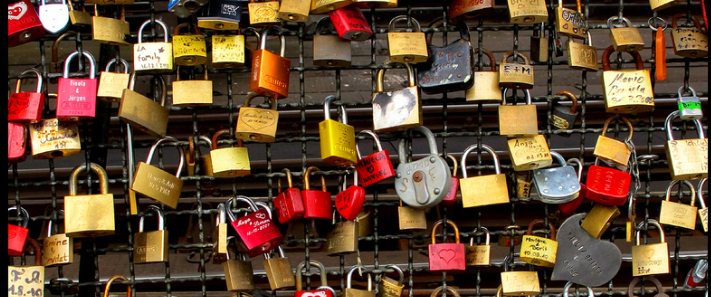
Mika Epstein, who helps oversee the WordPress plugin directory, has published a simple request to stop using copy protection. Epstein explains how copy protection degrades the user experience, makes it difficult to provide tech support, and perhaps most importantly, how they don’t work.
She suggests that photographers use a watermark and not put full-size images on the web. They should also host images on cloud based services like Amazon as PHP and large image sizes don’t get along. As a last resort, she suggests DRM as an option similar to how Getty protects their images.
As much as it pains me to say it, DRM is also a solution. So is watermarking your images. The way people like Getty protect their images is to lock it down to purchased users only. You can (fairly easily) download the smaller, sample images, but the awesome big ones are locked down.
She finishes the post by saying there’s only one way to combat content theft: don’t publish it online.
Getting Around a Copy Protection Plugin
A search for copy protection on the WordPress plugin directory generates 271 results. I installed WP Content Copy Protection as it’s one of the more popular options and it has a ton of features, including:
- Disables context menu (right click)
- Context menu is only clickable on HREFs
- Disables text selection and browser copy functions
- Disables text and image drag/drop/saving function on PC and mobile devices
- Javascript validation (displays error message when Javascript is disabled)
- Disables keyboard copy (CTRL A, C, X, U, P and S) – Windows OS
- Disables f-key command for accessing developer tools
- Uses compressed Javascript (increases load speed and reduces http requests)
- The image link URL is automatically removed and defaulted to the ‘none’ setting (basic image protection)
- No configuration, customization or coding needed.
As you can see, this plugin does a lot and should prevent me from easily stealing content. After installing and activating the plugin, I visited the front page of the testing site and discovered all of the usual suspects were disabled. I couldn’t right-click to view the page source or directly download an image. I opened up the Firebug extension in FireFox and inspected the image element.

After inspecting the image within the post, I gained access to the direct URL in Firebug’s console. I copied and pasted the URL into a new browser window which allowed me to download the full-size image. I’m also able to inspect paragraph elements and copy those as well. If the site is using the free version of WP Content Copy Protection, I can use its RSS feed to scrape content as only the pro version removes RSS feeds.
The pro version adds several features that make it much more aggressive at content protection. For instance, it has a print screen deterrent agent to prevent the use of screenshot tools to steal images. I’ve contacted the plugin author and have asked for a free trial to see if I can easily get access to protected content with the pro version. If he gives me a copy, results of the experiment will be published in a future post on the Tavern.
Although copy protection plugins or copy protection in general prevents the average website visitor from being able to steal content, they come with a lot of unnecessary baggage. In essence, they do more harm than good, especially from an accessibility stand point, as common keyboard shortcuts are disabled. If you don’t want to have your content stolen online, don’t publish it.
What kind of ”harm” did you experience during your testing?
For some sites I use this piece https://wordpress.org/plugins/right-click-disable-orignal/ (protect images)
It does good job and never had any problem with it. So not, it does more good than harm.
Sure it protects just from average users, but these are 99.99% of visitors, so it worths for some situation/sites.